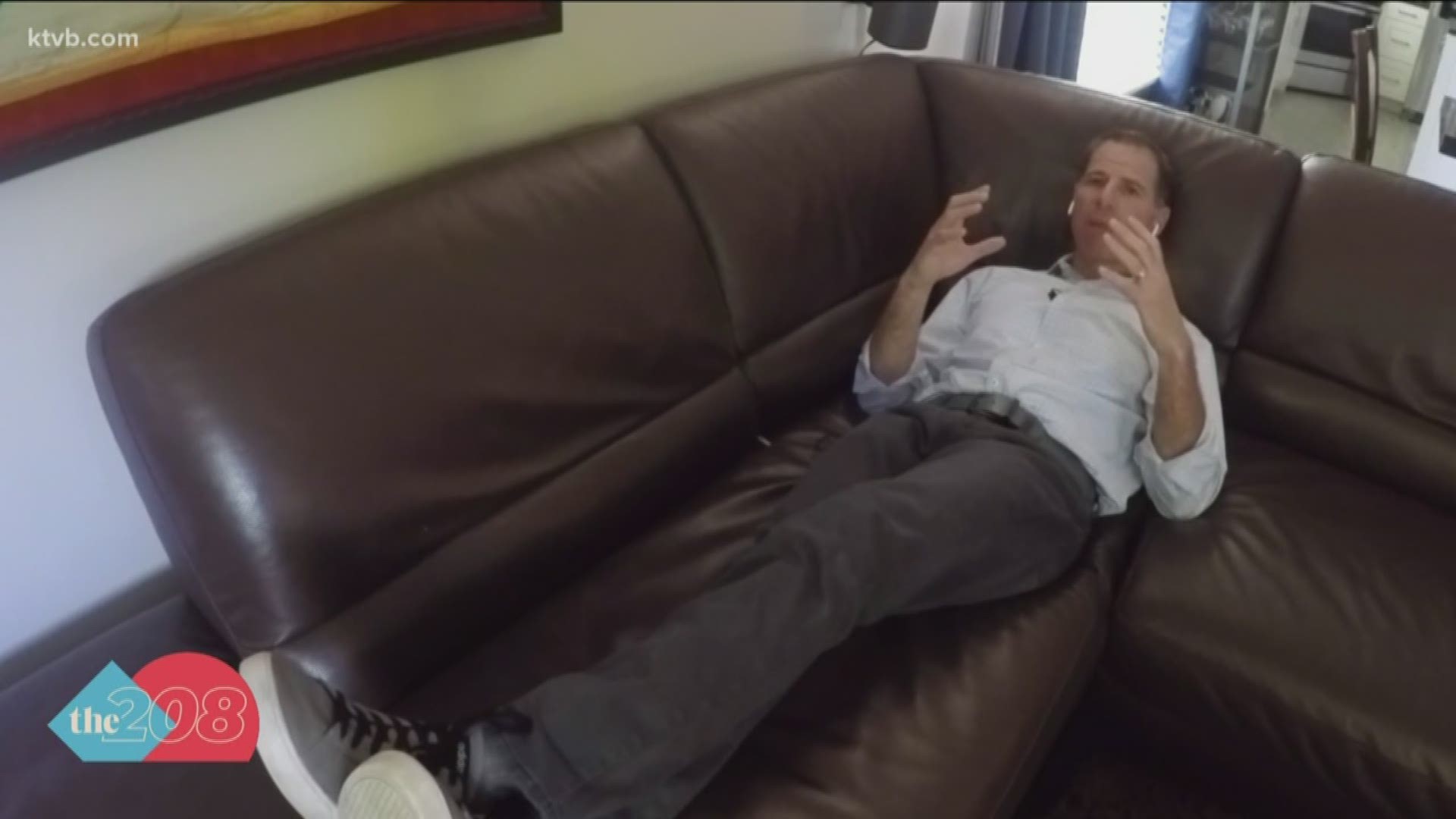BOISE, Idaho — When times get weird, it seems our response to those times can sometimes get weirder. Some of us are quick to explain away a crisis as a conspiracy.
With COVID-19, it's been a long time of being locked down, leaving many of us with just our thoughts and access to the internet. Just this week, those conspiracy theories have really ramped up, both new and old.
Dennis texted us and asked, "Is it true the government reimburses each hospital $13,000 for each COVID-19 death?"
That question originally began to circulate last month and has since stirred a lot of suspicions. Unfortunately, the answer isn't a simple 'yes' or 'no.'
While hospitals do get more money for COVID-19-related deaths, those Medicare payments are based on fixed rates that hospitals already get paid for other patients with similar respiratory illnesses.
So when that 'extra payment' theory began to circulate on social media as the reason we are seeing high numbers of COVID-19-related deaths, many people just went with it.
So why are some people prone to accepting conspiracy theories as fact?
Scott Hoopes M.D., a psychiatrist at Live Well Psychiatry in Meridian, explained that it's about who and what you surround yourself with from the start.
"There's what the psychologists call, refer to as 'confirmation bias.' We have a very strong tendency to see those things in the world that confirm what we already think and believe and to discount those things that don't fit into what we think and believe," Dr. Hoopes said. "In a group context that's highly reinforced."
So what is it about somebody's mind that prevents them from accepting the simplest explanation and not always twisting it into something more grandiose?
"There's a very powerful force inside of each of us to see ourselves in the right, and they're a very powerful consequent force to keep ourselves in the right, it's just so human," Dr. Hoopes said. "We've built a life that is from a certain viewpoint that for all of us is partial to abandon that is almost unthinkable, I mean that's like jumping out of a plane without a parachute that is freefall."
"The key point is these perceptions are always partial, they're always partial, they're always incomplete."
Dr. Hoopes said those 'extreme teams' only make up about eight to 12 percent on either side of the spectrum, but that they're usually the most passionate about their perceptions.
He adds that most of us are in the middle.
So before you like, retweet, or share something with your social media friends, ask yourself, does this seem reasonable?
Sometimes the simple explanation takes a couple of simple Google searches.
Join 'The 208' conversation:
- Text us at (208) 321-5614
- E-mail us at the208@ktvb.com
- Join our The 208 Facebook group: https://www.facebook.com/groups/the208KTVB/
- Follow us on Twitter: @the208KTVB or tweet #the208 and #SoIdaho
- Follow us on Instagram: @the208KTVB
- Bookmark our landing page: /the-208
- And we also turn each episode into a podcast on Spotify or Podbeam
- Still reading this list? We're on YouTube, too:

